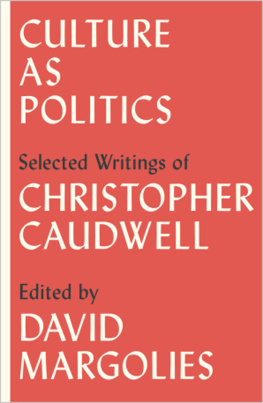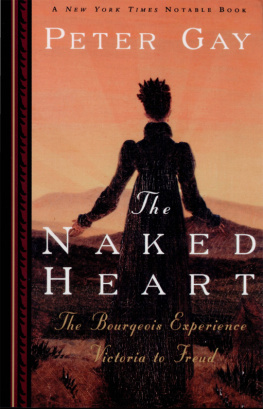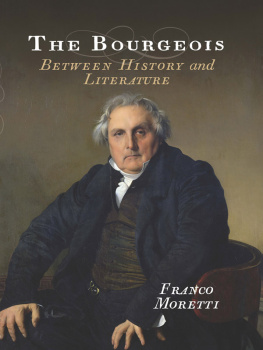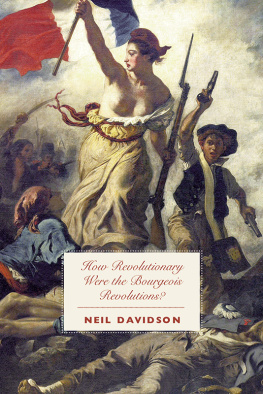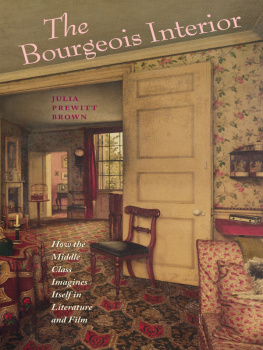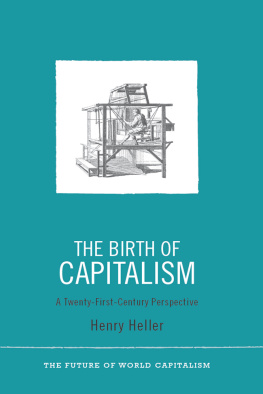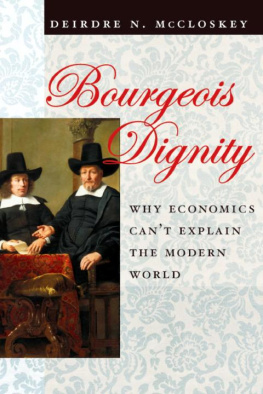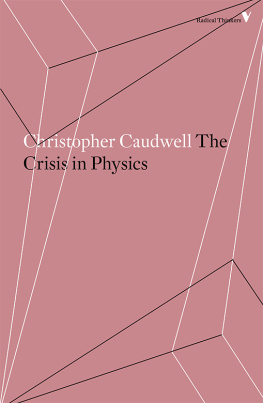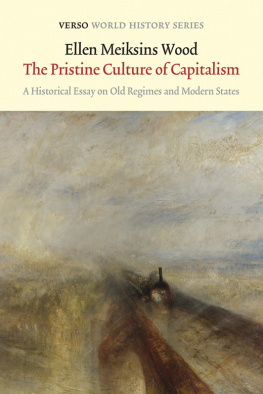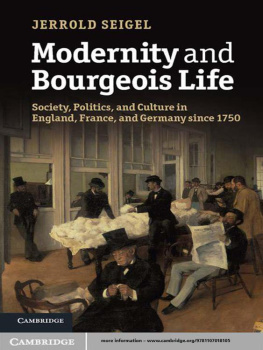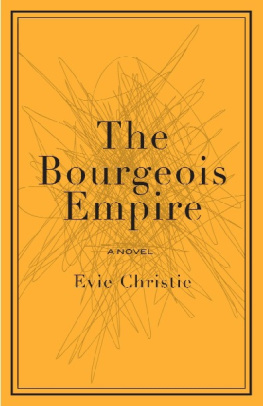
Culture as Politics
Culture as Politics
Selected Writings of Christopher Caudwell
Edited by David Margolies

MONTHLY REVIEW PRESS
New York
The selection of writings by Christopher Caudwell and the introductory texts David Margolies 2018
All rights reserved.
Published in the United States by Monthly Review Press 2018
Published in Great Britain by Pluto Press 2018
Cataloging in Publication data available from the publisher
ISBN: 978-158367-686-8 (paper)
ISBN: 978-1-58367-687-5 (cloth
Monthly Review Press, New York
www.monthlyreview.org
5 4 3 2 1
Contents
Introduction
Christopher Caudwell died in defence of the Spanish Republic, covering the retreat of his company in the Battle of Jarama. He was only 29 when he died, yet he had already published five books on aeronautics and seven works of crime fiction under his real name of Sprigg, and his most important work, Illusion and Reality, written under the pen-name of Caudwell, was in press when he died. Illusion and Reality and the essays subsequently published as Studies in a Dying Culture were widely read and admired during the war and in the post-war spirit of democracy. For people concerned with creating a fairer, better world Caudwells work had strong appeal. He saw the problems of the world not as inherent in the human condition but as susceptible to change, and his prose had an attractive energy and optimism. Today, amidst increasing corporate dominance of everything, unstable democracy and rising right-wing populism, Caudwells analyses show not only how culture is shaped by the social-economic structure of the time but also how it is important in shaping public attitudes. His explanations make sense at the level of human experience.
Caudwell was an autodidact. He left school at 15 and gained a wide knowledge of science and literature on his own. When he left school, he moved with his journalist father, whose career was in decline, from London to Bradford. His father took up a position as literary editor on the Yorkshire Observer and Christopher himself started work as a cub reporter on the same paper and also wrote occasional book reviews. Father and son led an unsettled existence in boarding houses, which is reflected in some of Caudwells best short fiction; one of his stories suggests that he secured his own space by constantly retreating into a book. In 1925, he returned to London to join his brother in aeronautical publishing. The choice may seem strange for someone so orientated to literary culture and who considered himself a poet, but it was not accidental both brothers had a strong interest in engineering and technical innovation and aircraft still had the excitement of a pioneering industry. As well as writing technical reviews, Christopher gained his own pilots licence and wrote five books on flying. For him, flying was The close relationship between the intellectual and the daredevil racer may seem improbable but both had chosen one at the height of his fame, the other on the verge of recognition to risk their lives to fight fascism; they shared a strong attraction to speed, they wanted to know how things worked and they admired courage.
Caudwells orientation towards practical matters is of central importance to his theoretical work. He was concerned more with the concrete explanations of how things functioned, than with their philosophical implications. Aeronautics is an obvious aspect of this, as is the article he published in Automobile Engineer in 1929 Automatic Gears: The Function of the Moving Fulcrum in Determining Design. But he was also intensely occupied with psychology, with anthropology and sociology, and with the economic organisation of society with how things worked on a larger scale. His involvement with crime writing began when he said that anyone could write a crime novel overnight and was given the challenge of writing one in a fortnight which he did, and went on to write six more. Crime fiction is a part of his concern with practice; for him it was not simply a matter of ingenious clues and Fatality in Fleet Street, also from 1933, deals with the murder of a bully, a war-mongering press baron.
This My Hand (1936) he regarded as a serious novel and signed it Caudwell (his mothers maiden name) rather than Sprigg because he joked he couldnt risk losing his credibility as a crime writer. The novel received praise as a brilliant psychological case study; unfortunately, it reads rather like a case study. The characters are usually presented in an external analytic perspective without much dialogue that would individualise them, and the writing lacks the light, stylish tone that gives personality to his crime fiction. However, throughout there is a strong sense of class injustice and the conclusion makes a moving argument against capital punishment through the responses of the condemned hero, the prison staff and the governor.
Caudwells crime fiction undercut conventional views of colonialism, empire, class and gender. Unusually for the time, he also displays a proto-feminism in all his fiction. Women in his crime novels are given demanding roles and never are merely objects of masculine interest; they are shown to be the equals of, and sometimes superior to, the men they have to deal with. Thus in Death of an Airman (1934), the heroic figure, a female drug-runner, is a skilled pilot, intelligent and courageous. In The Corpse with the Sunburnt Face (1935), Caudwell mocks the misjudgements made by the vicar of the Berkshire village of Little Whippering, which are based on the racist and sexist assumptions common in his parish. In his first flying instruction book though his nominal co-author, Capt. H. D. Davis AFC, wrote a classically sexist introduction: a really good or reliable woman pilot is extremely rare. Most of those who passed their tests seem thereafter to alternate between a sort of blindness, Caudwell does not draw gender distinctions in regard to flying and, as his Death of an Airman shows, he believes women can be as competent pilots as men.
CAUDWELL AND MARXISM
Despite his curtailed formal education, Caudwell was certainly an intellectual, and the fact of his self-education had some advantages. He was less exposed to the indoctrination suffered by people who go through the educational system, whose learning takes place in a context of received ideology, of shared assumptions about the world. He was freed to form his ideas and make his intellectual connections without pressure to conform. This is not to deny that there would have been things to be gained from more formal education, nor to claim that he remained completely unaffected by the dominant ideology; but because he was outside the confines of institutional learning, he would have escaped much encouragement to conform his thinking to the received patterns of the day. Caudwells ability to look at the world in a different way proved a great strength; and, coupled with his interest in how things actually work, it enabled extraordinarily creative thinking.
Caudwells coming to Marxism was an important step in his creative vision. In 1934, during a period of social deprivation and unemployment, of rising fascism and military expansion, Marxisms view that capitalism will destroy itself must have made obvious sense. But Marxism probably also attracted Caudwell because of his desire to understand how things worked. He realised that capitalism, as an economic system, had inherent design faults: it failed not because of individual greed or because its objective was to create personal wealth, but because its fundamental principles produced the opposite of what they were intended to produce. Unemployment, misery and war were not supposed to be features of capitalism. Marxism gave him the key to this complex of contradictions. It provided a unified vision of the social system and also, of obvious importance to Caudwell the poet, a guide to understanding the place of poetry in society. In the introduction to
Next page
